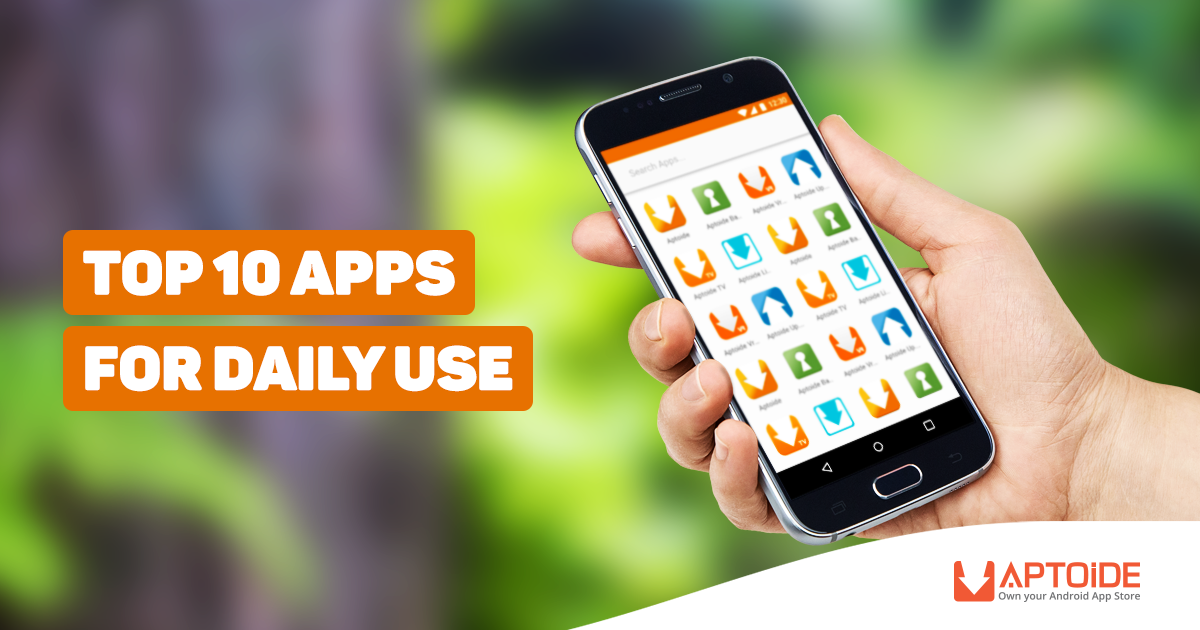There was a time when our phones were mostly for calls and text messages. Now, they’ve quietly become personal assistants—reminding us to drink water, managing our money, planning meals, and even tracking our sleep.
The best part? You don’t have to be “tech-savvy” to use them. A few well-chosen apps can genuinely make your daily life simpler, healthier, and more organized.
Let’s look at how a handful of modern apps are helping people save time, reduce stress, and get more done—without feeling glued to their screens.
Grocery Shopping: From Chaos to Clicks
Grocery apps have completely changed the way we shop for food.
Instead of rushing to the store with a crumpled list, you can now order everything from your phone in minutes.
Apps like BigBasket, Blinkit, and Instacart (depending on where you live) let you browse by category, compare prices, and even reorder your usual groceries with one tap. They also store your past purchases—handy for weekly restocking.
Many also integrate digital wallets and discount programs, so you save both time and money. For those who prefer meal planning, apps such as AnyList or Paprika even let you import recipes and automatically create shopping lists based on ingredients.
It’s not just about convenience—it’s about reducing decision fatigue. When you can automate small tasks like grocery shopping, you make space for more meaningful parts of your day.
Managing Finances: Your Pocket Accountant
Personal finance apps have quietly replaced notebooks and spreadsheets.
Apps like Google Pay, PhonePe, or Paytm simplify payments, while tools like Walnut, Mint, or You Need a Budget (YNAB) help you track spending and set savings goals.
These apps automatically categorize your expenses—so you can see exactly how much went to food delivery, subscriptions, or travel last month.
Even if you’re not great with numbers, visual charts make it easy to spot trends and stay in control of your money.
Think of it as having a financial advisor who never sleeps.
Health and Fitness: Tracking Without Obsession
Health-tracking apps used to be for gym lovers, but now they’ve become everyday companions for everyone.
Apps like Google Fit, Apple Health, and Samsung Health quietly collect data from your phone or smartwatch to track steps, sleep, heart rate, and even stress levels.
More specialized apps such as MyFitnessPal and Fittr help you log meals and track calories. Meditation and mindfulness tools like Calm or Headspace can help you manage anxiety and get better sleep.
You don’t need to track everything obsessively—just being aware of your daily patterns can motivate you to make small, lasting improvements.
The real power of these apps lies in awareness. When you see how your sleep affects your mood or how a short walk boosts your focus, it’s easier to build healthier habits naturally.
Productivity: Working Smarter, Not Harder
We all struggle to stay organized in a world full of distractions. Productivity apps can help you focus, plan, and prioritize without adding stress.
For notes and reminders, Google Keep or Notion are simple but powerful. If you manage tasks, Todoist, Microsoft To Do, or Trello help you organize projects visually.
Even something as small as a daily to-do list can bring clarity. These tools aren’t about squeezing more into your day—they’re about making sure your time goes to what really matters.
If you want to minimize distractions, try “focus” timers like Forest or Pomofocus. They gently nudge you to work in short bursts, rewarding you for staying off your phone.
Mental Wellness: Help at Your Fingertips
Technology can be overwhelming—but it can also help us care for our minds.
Apps like Daylio allow you to log your mood without writing full diary entries. Others, like Woebot or Moodpath, use AI to provide conversational support and coping strategies.
These tools aren’t replacements for therapy, but they can help you notice emotional patterns and deal with stress better. Sometimes, simply having a space to reflect for two minutes a day makes a huge difference.
Smart Home Control: A Tap Away
If you’ve started using smart lights, plugs, or assistants like Alexa or Google Home, controlling your home can now happen from a single app.
Turn off lights remotely, set the temperature before you arrive home, or ask your smart speaker to play music—all without pressing a button.
While this might sound futuristic, setup has become much simpler. Most smart home apps now guide you step by step, even if you’ve never configured a device before.
It’s not just comfort—it’s also energy efficiency. You can monitor electricity use, automate schedules, and avoid waste without lifting a finger.
Learning and Personal Growth
Lifelong learning is no longer limited to classrooms. Apps like Coursera, Udemy, Duolingo, and Khan Academy let you learn at your own pace, on your phone, often for free.
Whether it’s brushing up on English, learning photography, or understanding finance, you can find short, bite-sized lessons that fit around your schedule.
The beauty of these platforms is accessibility—you can start learning something new while waiting for a bus or during a lunch break.
Staying Connected the Right Way
While social media can drain attention, communication apps like WhatsApp, Telegram, and Signal have made staying in touch effortless.
Video calls, voice notes, and shared groups help you stay connected with friends, family, or colleagues anywhere in the world.
Used mindfully, these apps strengthen real relationships instead of replacing them.
A Digital Toolkit for Everyday Life
Technology can feel intimidating, but the right apps simplify life instead of complicating it.
You don’t need dozens—just a few that genuinely help you handle daily routines, save time, and stay mindful.
Start small. Pick one area—like managing money, grocery shopping, or tracking health—and find one app that fits naturally into your lifestyle. Once you experience the ease it brings, the rest will follow.
The point of technology isn’t to make us busier—it’s to make us freer. When used wisely, apps can do exactly that.
